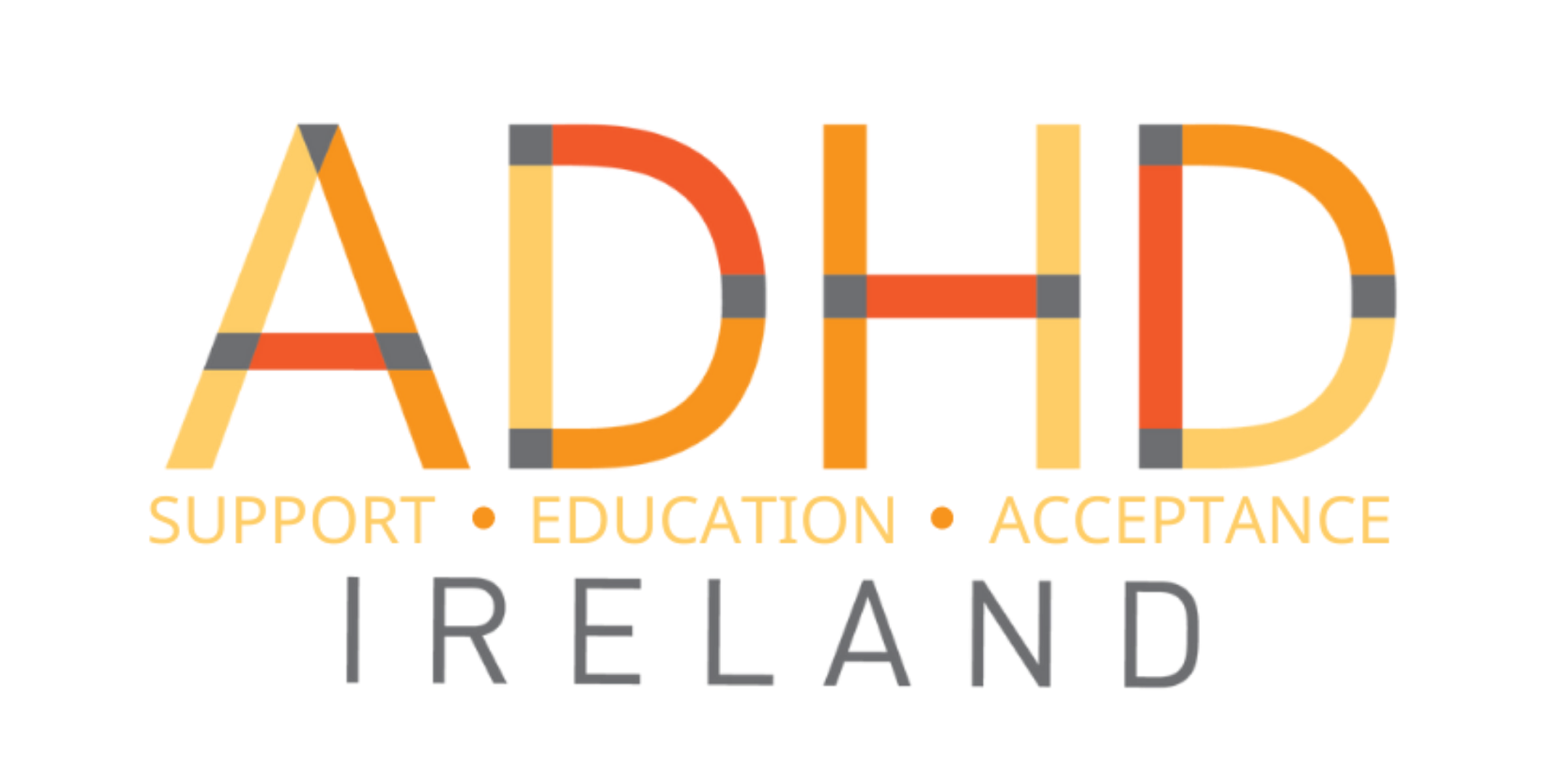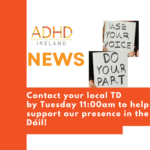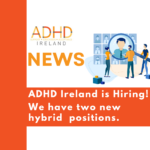ADHD Ireland responds to Mental Health Commissions Independent Review of CAMHS


ADHD IRELAND RESPONDS TO MENTAL HEALTH COMMISSION’S INDEPENDENT REVIEW OF CAMHS
Review expands upon failings within CAMHS to provide adequate mental health services to young people nationwide, particularly those living with ADHD
Dublin, Wednesday 26th July 2023. ADHD Ireland calls on both the HSE and the Department of Health to ensure barriers around funding and recruitment are resolved and that long terms solutions are implemented to deliver world class outcomes for all our young people following the publication today of the Mental Health Commission’s independent review into the provision of Child and Adolescent Mental Health Services (CAMHS).
This full report from the Mental Health Commission, along with their interim report and the Maskey Report, over the past 18 months has highlighted a lack of service provision for young people with mental health conditions and in particular those with ADHD. It has been found that 30% – 50% of all children going through CAMHS are there for ADHD assessment and/or treatment.
Having now seen the full report from the Mental Health Commission, it highlights the long waiting lists, a lack of capacity to provide appropriate therapeutic interventions, a lack of emergency services and out of hour services, difficulties in accessing primary care and disability services and the absence of monitoring certain medications, among many other areas which require improvement for all the children of Ireland with mental health challenges.
Speaking on the review published today by the Mental Health Commission, Ken Kilbride, CEO of ADHD Ireland,said, “Though we welcome this long-awaited report and the results contained therein, these figures only further point to the systemic failings on CAMHS part to provide adequate services to the young people of Ireland. We are sorely disappointed in the lack of service provision and inexcusable waiting lists for consultations; we are equally frustrated with the lack of attention and care given to young people living with ADHD who have been let-down by the absence of support and understanding from CAMHS.”
“Untreated or undiagnosed ADHD affects the lives of young people, and their families, massively, and time is of the essence for those living with its impacts; the HSE and Department of Health must strive to ensure funding and recruitment is given the highest priority in order to negate and combat these unreasonably lengthy waiting times and restore the Irish people’s faith in their ability to care for those at risk nationwide,” he continued.
ADHD Ireland continues to work with the HSE as the patient representative organisation on their National Oversight Group for CAMHS and welcomes the many services improvements delivered so far. We along with the HSE will work to ensure the delivery of the optimal outcome for all impacted young people going forward.
There is a lot of information online regarding ADHD, which can be overwhelming for a person affected by it or curious to know more. Visit www.adhdireland.ie for information and resources. Alternatively, contact ADHD Ireland for any questions or queries at [email protected] or call (01) 874 8349 from 10am to 1pm Monday to Friday.
ENDS
Contact: For further information please contact:
Ken Kilbride CEO ADHD Ireland at 087-2492863 or [email protected]
Note to the Editor:
ADHD Ireland is the national charity set up to support people living with ADHD in Ireland with a mission to make their lives better (CHY 22471). The organisation provides up-to-date information, resources and networking opportunities for adults with ADHD, parents of children with ADHD and the professionals who serve them.
What is ADHD?
ADHD – Attention Deficit Hyperactivity Disorder – is a medical/neurobiological condition in which the brain’s neurotransmitter chemicals, noradrenalin and dopamine, do not work properly. It is a condition that, without proper identification, treatment and management, can have serious and long-lasting consequences and/or complications for an individual. It is a genetic and long-term condition that affects learning and behaviour right through the school years and in many cases into adulthood.
ADHD is a condition that can co-exist to a greater or lesser degree, with any or other conditions such as dyslexia, autism, learning disorder, dyspraxia, conduct disorder, and oppositional defiance disorder.
It is important to note that ADHD is a very treatable condition. If diagnosed and properly treated, people with ADHD can reach their potential and lead happy successful lives.


